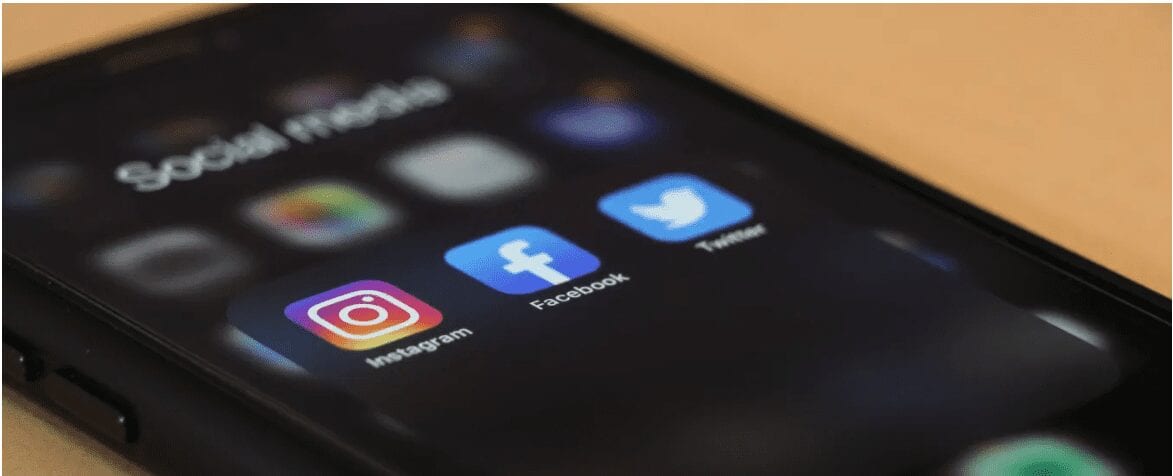Brands invested more than $89 billion in social media marketing in 2019 alone. And social media investments are only expected to grow.
However, Facebook likes’ effect on brand performance is still up for debate. What does liking a brand on Facebook mean? It allows users to follow brand updates appearing on their Facebook newsfeed, making it similar to following firms on Twitter or subscribing to their YouTube channel. The term “like” also implies a positive attitude. But if consumers like brands on Facebook, does it truly signal positive attitudes and even improve their perceptions? Moreover, does the feeling apply to all brands and contexts?
Five recent academic articles investigate the phenomenon. They conclude Facebook likes can have positive value for brands if they are augmented with paid advertising and used to drive brand awareness. Otherwise, they have little effect.
Likes Do Not Lead to Buying
In a Journal of Marketing Research-published study, John et al (2017) conducted lab and field experiments to investigate whether liking a brand induced positive attitudes and influenced purchasing.
The challenge in understanding likes’ causal effect on performance metrics is creating a counterfactual (i.e., what could happen in a parallel world) to provide evidence beyond what might occur by chance. Consumers who like a brand on Facebook might already be positively predisposed toward it.
To address the issue, John and colleagues used experiments to disentangle consumers’ predispositions from pushing the Facebook like button. Their lab experiments showed liking a brand is not related to positive attitudes or behavior. They found no differences among groups exposed to newer versus older brands nor among consumers with long exposure to a brand’s Facebook page. In another experiment, participants changed their attitudes about brands in response to advertising but not after following them via a Facebook like. The researchers concluded the consumers’ previously-established positive attitudes toward the brands affected the relationship between likes and purchase behavior. Specifically, purchase behavior was the same among consumers fond of the brand, regardless of whether and when they liked it on Facebook. The low cost of clicking a button did not seem to provide a strong enough cue to alter consumer behavior.
The researchers’ field experiments showed Facebook likes did not provide firms network effects. Partnering with a new cosmetics brand , Grace Choi, John and colleagues tested whether participants’ Facebook likes affected coupon redemption rates among their friends. The researchers found redemption rates were higher (5.2%) for those who did not see their friends’ Facebook likes than for those who did (3.7%). They found more meaningful endorsements external to Facebook, such as expressing brand preference face-to-face, increased redemption rates to 5.9%.
Similarly, behavioral research by Kristofferson, White, and Peloza (2014) found publicly supporting a charitable initiative did not reliably predict real-world engagement with the cause. The researchers found participants wearing pins honoring veterans donated $0.34 to the cause on average, while people privately owning the pins donated $0.86, a statistically significant difference. Furthermore, individuals wearing the pins in public did not donate more than those not engaged in any act of support. In other words, public commitments to charitable initiatives might even decrease individuals’ propensity to provide the cause meaningful support.
How Likes Can Be Effective
Are Facebook likes ever effective for a brand?
A study by Mochon et al (2017) examined specific…



